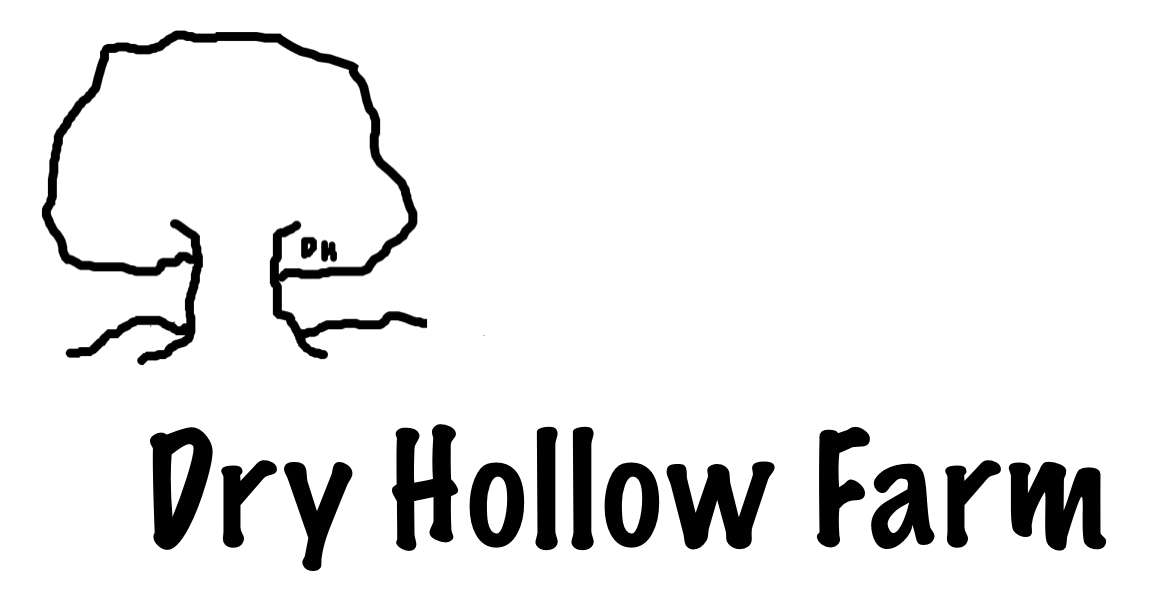Surviving the Cold
Recently we experienced an arctic blast that plunged our temps and wind chill factors far below normal for a western Tennessee winter. Preparing for an overnight temperature of minus 2 (and a wind chill factor of minus 20) caused great concern for animal welfare. Plus, these temperatures remained for several days, along with a couple inches of snow, and we worried about cold winds and low nightly temperatures.
This is what we learned
#1
Our herds of sheep and goats (as well as our free-range chickens and livestock guarding dogs) are cold-hardy to windchills of -20.
Our temptation is to view animals as extensions of ourselves. If we are cold, they are cold. If we would rather be inside the house basking in climate-controlled temperatures, so would they. This is not true. Livestock bodies are designed to acclimate to a wide range of temperatures.
#2
Shelter and adequate feed, especially hay, are the key components for livestock comfort.
Low temperatures are not the most serious danger. Being wet and cold and unsheltered is. We provided extra hay for the goats and sheep so they had no need to leave sheltered areas for the coldest days to forage in the exposed pastures. As ruminants, digesting roughage creates an internal combustible engine generating constant heat. The goats stayed put until the sun temps rose above freezing. However, the sheep and livestock dogs did not change their daily patterns and angered at will.
#3
As herd animals, the instinctual habits of sheep and goats provide collective protection.
Although we provided heat lamps in the barn stalls for the absolute coldest days and nights, our goats chose to group together in piles in order to provide heat for one another. This also occurs during lambing or kidding season as the group collectively shelters the newborns. Together the herd provided adequate heat for one another.
Dr. Kathryn Bush owns and operates Dry Hollow Farm, a working goat and sheep farm in Huntingdon, Tennessee. Together with her husband, Russell, she creates skincare products from their fresh goat milk, grows organic herbs, welcomes visitors to their two cabins on the farm (available for stays through Airbnb), keeps the farm’s on-site soap shop stocked with their handcrafted products, and enjoys working the farm in company with their Great Pyrenees dogs (who work hard guarding the animals). Check out their natural products featuring farm-grown ingredients here, and sign up for the Dry Hollow Farm newsletter to stay in touch and be the first to hear about farm news, events, and new products.




